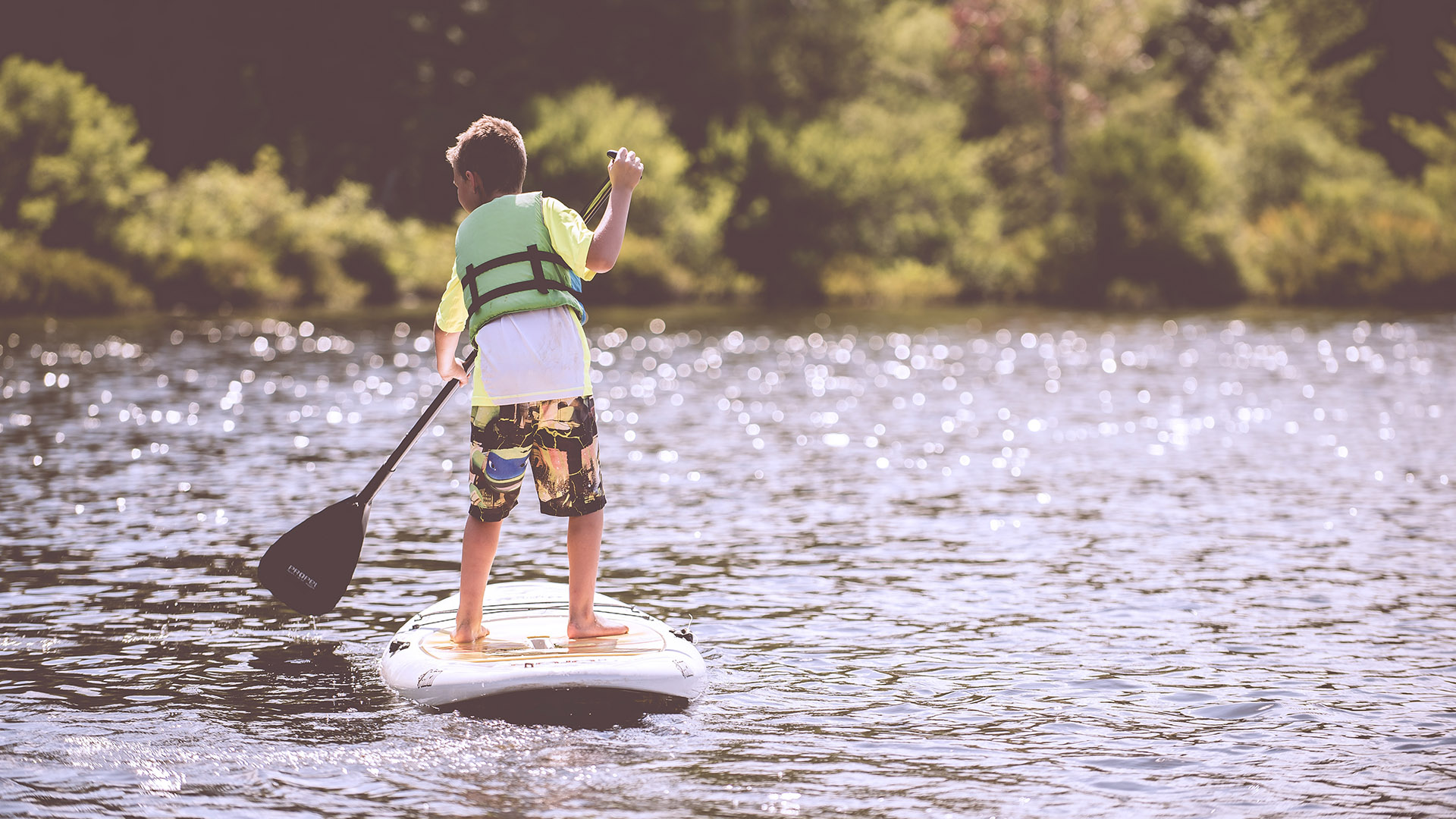As we pass the mid-way point for the year some of us have started evaluating our diets, our goals for the second part of the year, and of course, saving money. One of the ways we can save money is by using energy more efficiently. Here are seven ways to achieve those energy savings:
Get An Energy Check-Up
The first step in using energy more efficiently is calling a professional called an energy auditor to investigate your home and examining it for its weak points in an energy check-up. The auditor is a technician who will examine the insulation, inspect the furnace and ducts and check for leaks. After completing their tests, the auditor will advise you on what you need to do to make your home more energy-efficient and ultimately save you money. You may only need to do something relatively inexpensive like replace incandescent bulbs with LEDs or change a filter – or you may need to replace the insulation or buy a new water heater.
Energy auditors usually work with the local electric company. Check the company’s website or contact them for more information.
Replace Old Appliances with ENERGY STAR Appliances
ENERGY STAR is a program established in 1992 to help individuals and businesses find energy-efficient products. The program hires laboratories to test items for their efficiency. Those that meet the program’s standards are marked with a blue and white logo. ENERGY STAR can be awarded to many things from telephones to whole buildings.
Get And Use a Programmable Thermostat
A programmable thermostat is a thermostat in which you can adjust the temperature setting for different times of the day. For example, during summer, you can program the thermostat to allow the temperature to become relatively high when nobody is home but to have a cooler temperature when people are home. There are different types of programmable thermostats that range in flexibility and complexity. Before getting one, you should check your central heating and cooling equipment to make sure you get a compatible thermostat.
Find And Seal All the Leaks
A leaky house can cost the average family $350 per year – or about 1/3 of their budget for cooling and heating. There can be and often are leaks in places besides the windows and the doors. For example, recessed lights and chimneys often have leaks. The local energy auditor can help you find all of the leaks in your home.
Maintain Your Heating and Cooling Systems
Change your air filter every few months. As your filters accumulate dust, dirt and clogs – it makes it harder for your system to operate. Hire a technician to check your system at least once a year. Not only will doing so save you money, but it will also save you aggravation. You don’t want your air conditioner to go out in the middle of a summer heat wave.
Use Power Strips
Electronic devices like chargers and computers will use energy even when they’re turned off. Since unplugging everything can be a pain, buying a power strip is an easier option. Just plug everything into the power strip and turn it off when you aren’t using anything.
Cultivate Good Habits
Your mother was right – turning the lights off will save energy and money. Similarly, taking short showers rather than long baths reduces the amount of water for the water heater to heat. Dishwashers and washing machines use most of their energy to heat the water, so doing only half loads is a waste of both energy and water.
While there are many ways to incrementally save, it’s really what we do to efficiently use energy over every facet of our lives where consumers and the environment actually save. That means looking at our energy habits and becoming more aware of how much energy we’re actually using, and how we can better conserve that energy – whether that is improving our driving habits, paying attention to what we use when we’re lounging around the house, or actually evaluating what our carbon footprint actually is and how we can reduce it.

